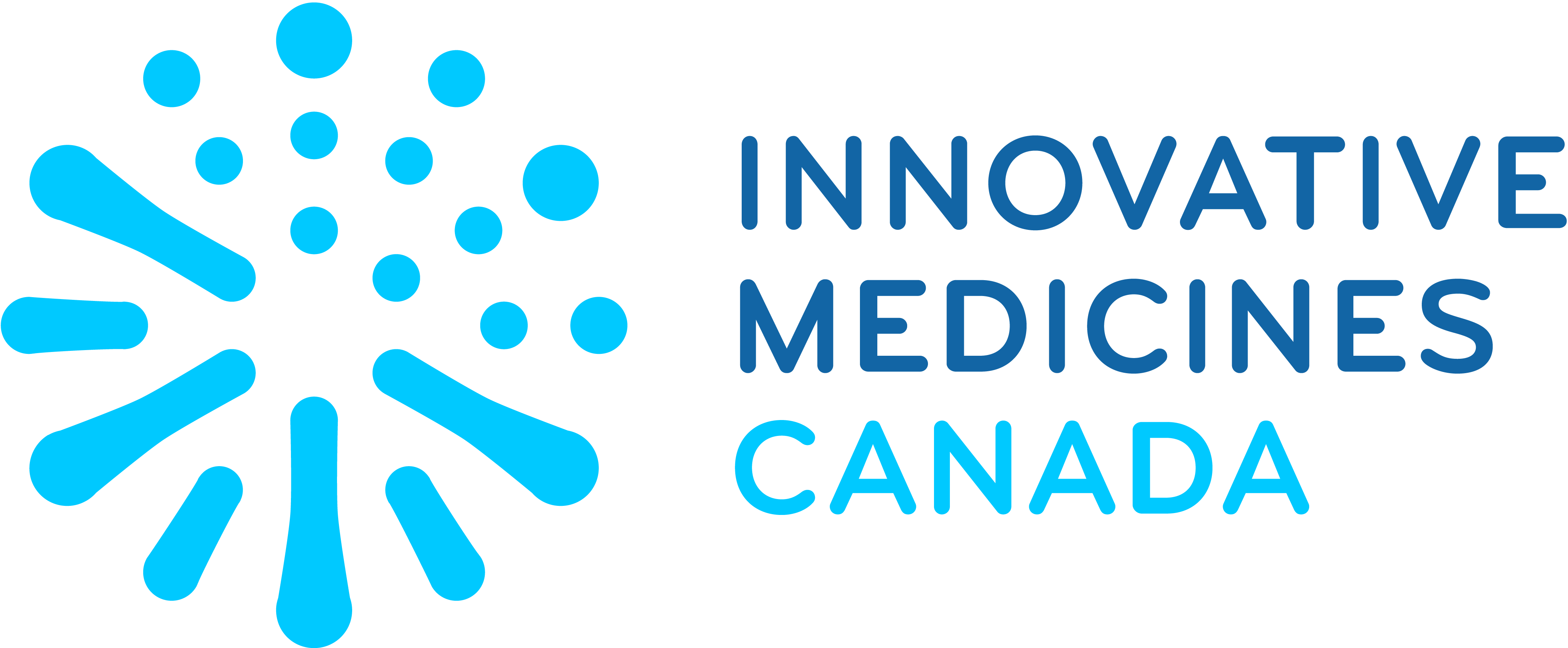Congratulations to the CHRI 2022 Scientist Innovation Grant Awardees
CONGRATULATIONS TO THE CHRI 2022 SCIENTIST INNOVATION GRANT AWARDEES
Drs. Brain Allman (Sarah Hayes and Susanne Schmid)
Autism spectrum disorder (ASD) is a life-long neurodevelopmental condition, diagnosed by restrictive/repetitive patterns of behaviour, as well as impairments in communication and social interactions. The severity of these behavioural symptoms can vary considerably and can also include altered sensory processing. The symptoms and high prevalence of ASD (~1 in 66 Canadian children), along with the fact that there are no widely accepted treatments/interventions, make autism a significant child health issue. We and other preclinical researchers have turned to animal models to better understand the brain changes responsible for the sensory-social issues related to ASD. In the present proposal, we seek to significantly extend our recent work on rats with a genetic mutation linked to ASD by adopting innovative experimental approaches that will address the current gaps of knowledge in the field. First, we will investigate the neural basis of ASD-related deficits in social interaction using a novel neuroimaging technique that will allow us to visualize the activity of a specific sub-population of neurons deep in their brain during behavioural testing. Second, by screening young rats on a variety of age-sensitive metrics (e.g., infant vocalizations; juvenile play behaviours & sound processing), we will strive to identify factors in their early-life that predict the severity of the sensory-social issues that will be experienced in adolescence/adulthood. Ultimately, it is expected that our innovative approaches (i.e., neuroimaging during social interactions; predicting future outcomes from early-life assessments) will greatly advance our understanding of the factors contributing to the sensory-social issues commonly experienced in ASD.
Drs. Michelle Mottola (Harry Prapavessis, Jane Thornton, Barb de Vrijer, Shauna Burke, Lindsay Nagamatsu, Trish Tucker, Eva Pila, Isabelle Giroux and Ryan Van Leishout)
Diabetes diagnosed during pregnancy (GDM) affects 20% of Canadians, with Arab individuals of Middle Eastern descent (AIMD) experiencing one of the highest risks. GDM prevention should focus on high-risk ethnic groups starting in early pregnancy and involve culturally sensitive lifestyle information that brings together healthy nutrition and exercise behaviours with holistic and spiritual considerations. Specifically, to explore the well-being of pregnant Muslim AIMD, we will ask what matters most to them regarding nutrition and physical activity, and how these behaviours are influenced by religion and ethnic traditions and practices. By working together with them, we will co-design a nutrition and exercise strategy that will aim to prevent GDM. This collaboration will assist in modifying our existing Nutrition and Exercise Lifestyle Intervention Program (NELIP) to deliver it in a different more culturally sensitive and participant-centred holistic approach. A pilot study will then be conducted to determine the best strategy for effective behaviour change among pregnant Muslim AIMD. By involving participants from a high-risk group in the co-design of a culturally sensitive nutrition and exercise intervention, we aim to determine the best strategy by which GDM risk can be reduced through behaviours that support a healthy lifestyle. This process of co-design can then be applied to a future full-scale clinical trial to confirm our findings and establish our methodology to assist other high-risk ethnic groups in developing lifestyle change to help reduce GDM risk in the mother with downstream reduction of diabetes and obesity risk in the child.
A big thank you to our sponsors:


Congratulations to everyone from all of Children’s Health Research Institute.
